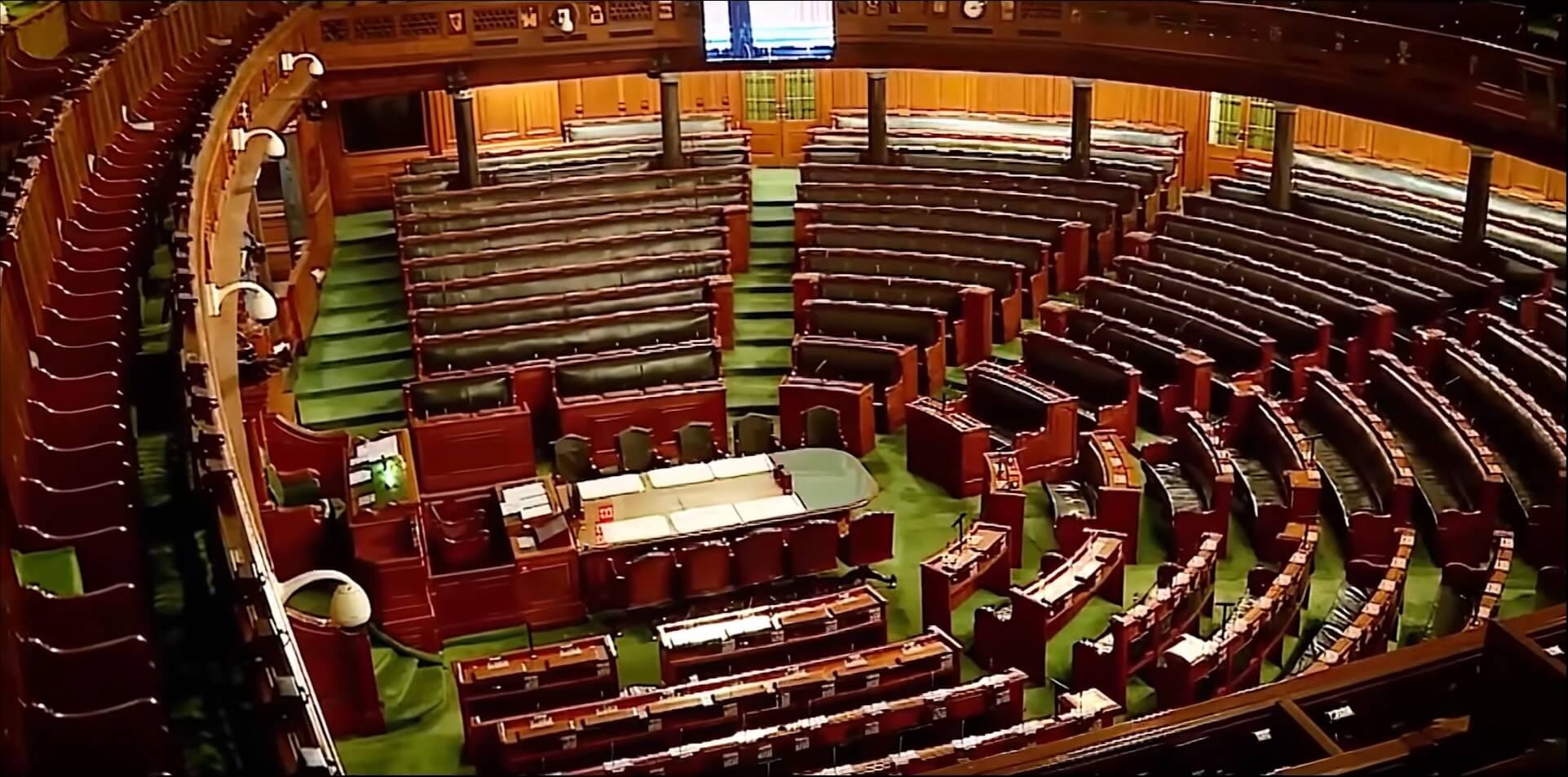Adaptation and Resilience, Climate Policy
| Taylor & Francis |7 June 2021
The limits of opportunism: the uneven emergence of climate institutions in India

Introduction
India’s centrality to global mitigation efforts makes it an important point of inquiry in studies of climate governance. However, we understand little of how climate change has been institutionalized in India’s decision-making processes. We capture the emergence and decline of climate institutions over three decades, showing how political conditions have shaped institutional form. The politics of opportunism has animated institutional development. It resolves the tension between India’s global leadership ambitions and a deeply entrenched, equity focused narrative frame that rejects incurring large mitigation costs. Climate institutions have therefore been layered upon existing bodies and processes to create room for the organic, bottom-up growth of policies that meet development objectives while promoting mitigation. While this structure limits polarization around climate action, it also inhibits strategic intent, particularly because strong cross-governmental institutions have been unable to take root.
Read more
